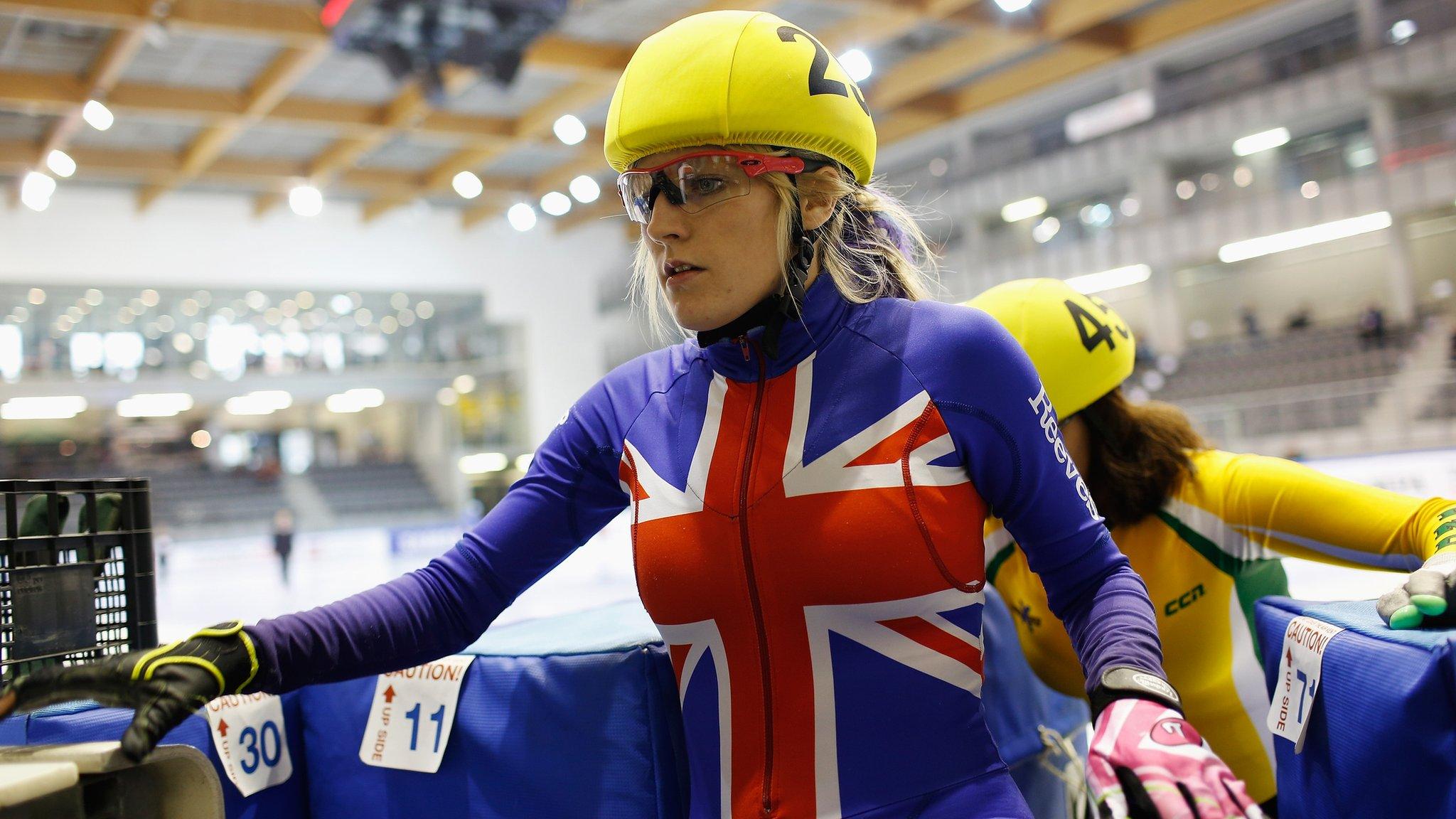Sochi 2014: Can Elise Christie chat her way to Olympic gold?
- Published
Elise Christie's rivals fear her for her speed. They fear her for her nerve. And they fear her for her chat.
"I distract them. I don't know if I do it intentionally or not. I just try to have a conversation," she told BBC Sport.
When the world's finest short track speed skaters take to the Sochi 2014 ready room to prepare for their races, most will adopt the classic middle-distance stare, a pair of headphones and something anthemic to drown out their surroundings.
There is no drowning out the Scottish 23-year-old, a 1,000m specialist.
"A lot of people just sit there in the zone, and I generally will go up and talk to them," Christie admits, with the smile of a woman not remotely apologetic.
"I think that makes them think I'm not very nervous. 'Oh God, she's fine.' And it's because I am fine.
"I mean, what's going to happen on the ice is going to happen. I can't do much about it. So I just chat to them about other stuff."
Christie's Olympics started in controversial style in the 500m final on Thursday. She finished in a silver medal position but received a penalty for causing a crash on the first lap and was demoted to eighth.
She is the intense, tunnel-vision athlete's worst nightmare. She rarely, if ever, appears to award major races the same gravity her opponents are clearly feeling. It puts them off.
At the first qualifier to get to these Games, in Turin last November, Christie merrily stuck her tongue out at TV cameras as she strolled onto the ice.
When she then contrived to fall over twice in the space of one minute, thanks to a crash and a damaged blade, she shrugged it off. "I'm here for comical value. I'm obviously devastated inside, but hey-ho."
Short track is an emotional sport, compressing years of work into high-speed, frenetic and physical contests between four and six skaters at a time.
Crashing - into each other or the padded boards - is common. Athletes frequently lose their cool.
At the recent European Championships, Dutch skater Sjinkie Knegt immortalised himself by mardily sticking his middle fingers up in the direction of Russian rival Viktor Ahn as they crossed the line. The moment was captured in an instantly-viral photo. (Knegt, who was disqualified for his outburst, insists he was not aiming at Ahn in particular.)
Behind the scenes at the Euros, for all her tendency to yap vacantly on the start line, Christie was suffering.
She narrowly avoided serious injury in an early crash, then struggled in the next day's races, after a trying season in general. Her grandmother had died while she was racing in Asia last autumn - Christie found being so far from family at the time a tough experience - and she started the season with mumps.
On top of that, she moved house with boyfriend and team-mate Jack Whelbourne, at the same time as dealing with the pressure of being labelled a leading British prospect for gold in Sochi. On her Olympic debut as a teenager at Vancouver 2010, that was not the case.
Even the chirpiest skater can be laid low.
"I was struggling. I was emotional for two days, I'm not going to lie - athletes get emotional," says Christie.
But she overcame those emotions. Christie successfully defended her European 1,000m title on the final day, her last individual race before the Olympics.
"That gold medal took resilience. I was really proud of myself that day."
Her team-mate Charlotte Gilmartin remembers that European final. Gilmartin saw Christie, after a tough week, turn to her neighbour at the start and say: "I'm tired. You're going to win this."
Stuart Horsepool is Christie's performance director, working to turn a young woman who admits she essentially "turned up for the experience" at Vancouver into a gold medallist in Sochi.
"Elise makes mistakes," says Horsepool. "Other people would be sitting in the corner, crying their eyes out. She knows there's nothing she can do about it. The biggest thing is, she wants to win.
"Physiologically, she is a freak. She has a very high tolerance to lactate - she just doesn't get tired, and you have to be very careful coaching her, because you can quite easily burn her out."
Christie uses her physiology to good tactical effect. The strategy which earned her a world bronze medal last year, and kept her top of the world rankings for almost two years, has been to get out in front of everyone else at the start and then stay there.
This is risky. If she does not get into first place quickly, Christie sometimes lacks the know-how to get around them and still win. She has spent much of the last year working on that - coming from behind in races - at the expense of her results.
"Last year I was known for getting out of the way and not getting involved in any of the crashes. I've had to adapt a lot, now I'm getting a lot more aggressive," she says.
"I've been trying to become more of a presence on the ice. I've been known to be flimsy out in front; I've tried to 'look for it' [physicality] this year. I've got a long journey to be that presence I want to be."
She will surely go back to plan A in Sochi, on the B of the bang? "I've got a couple of race plans and I'm only going to decide when I get on the ice which one I'm going to try and execute," she said.
"Her ability to do that [get out in front and stay there], people are amazed by it," says Horsepool. "It's very unusual for people to go to the front. The Koreans [a leading nation] sit at the back and come around the outside when everyone else is knackered, but Elise doesn't.
"Only the very top girls can keep up with her. With skating you can sit behind and it's easier, but Elise doesn't feel that. She's more relaxed and confident in front, she can see where she's going.
"She's very brave to do that."
- Published13 February 2014
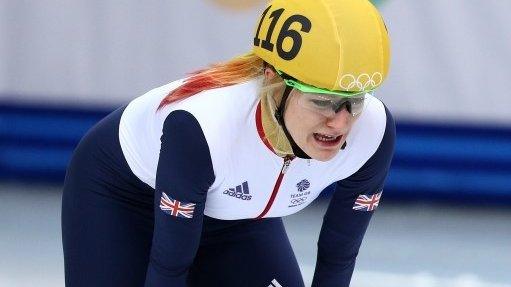
- Published4 February 2014
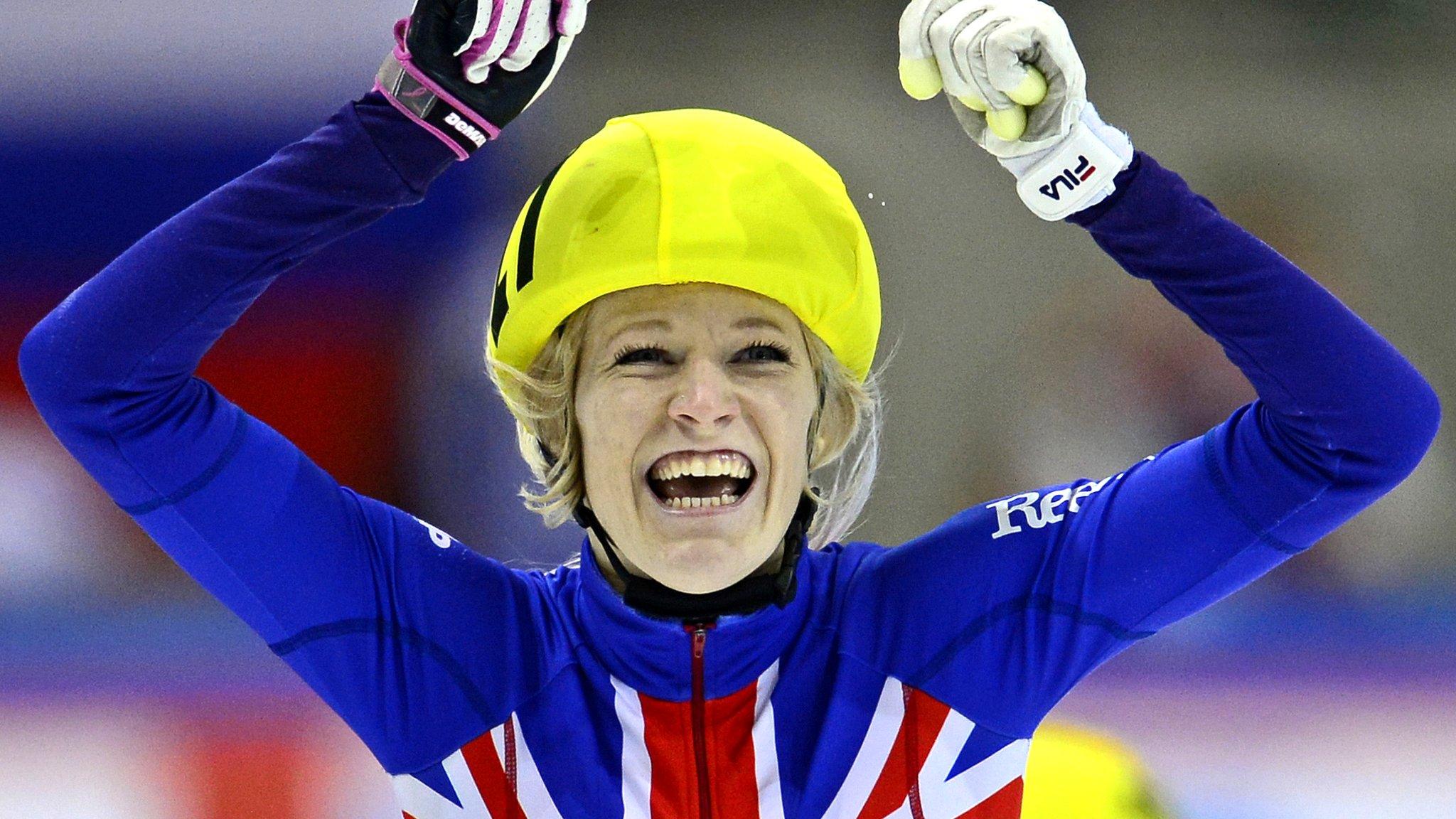
- Published19 January 2014
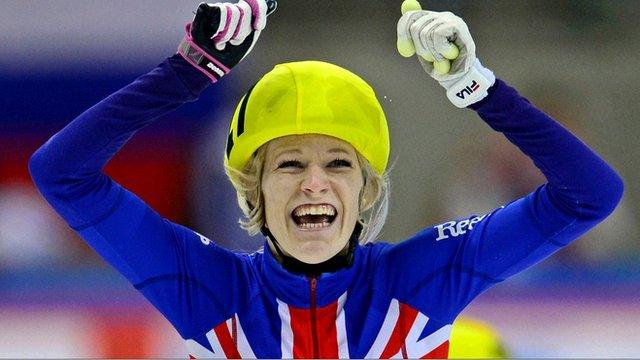
- Published21 January 2014
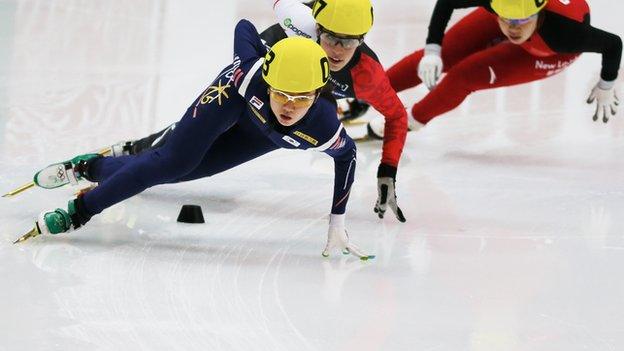
- Published10 January 2014
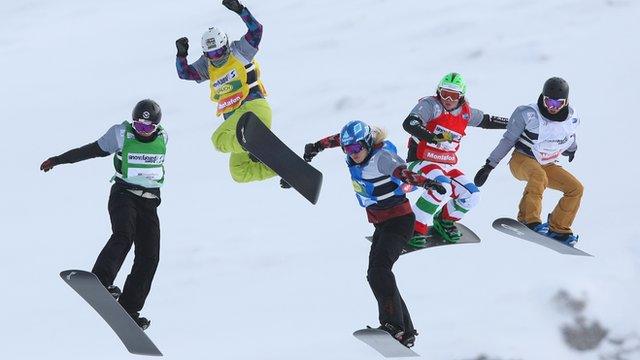
- Published17 February 2014
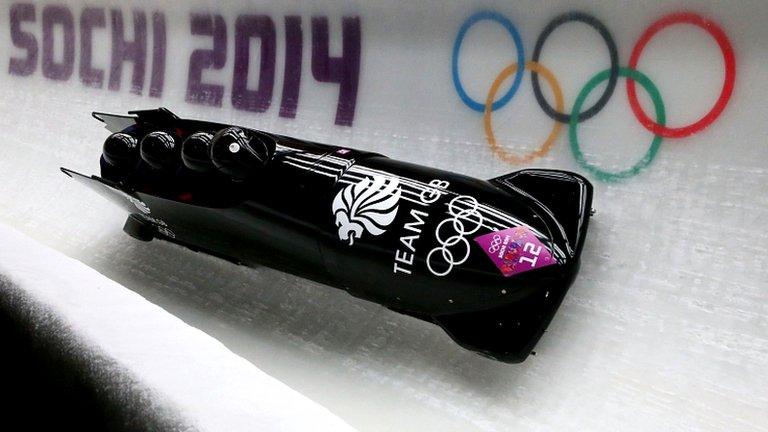
- Published22 January 2014
